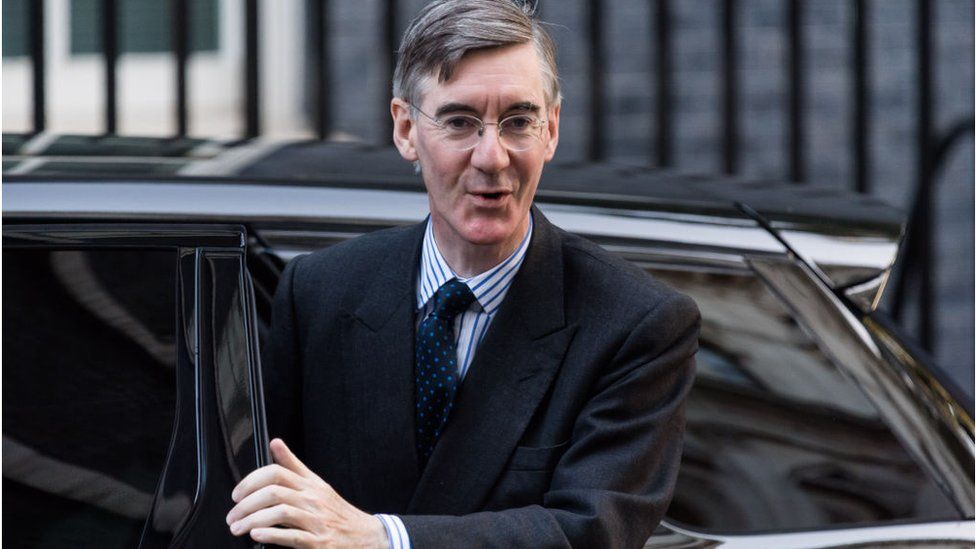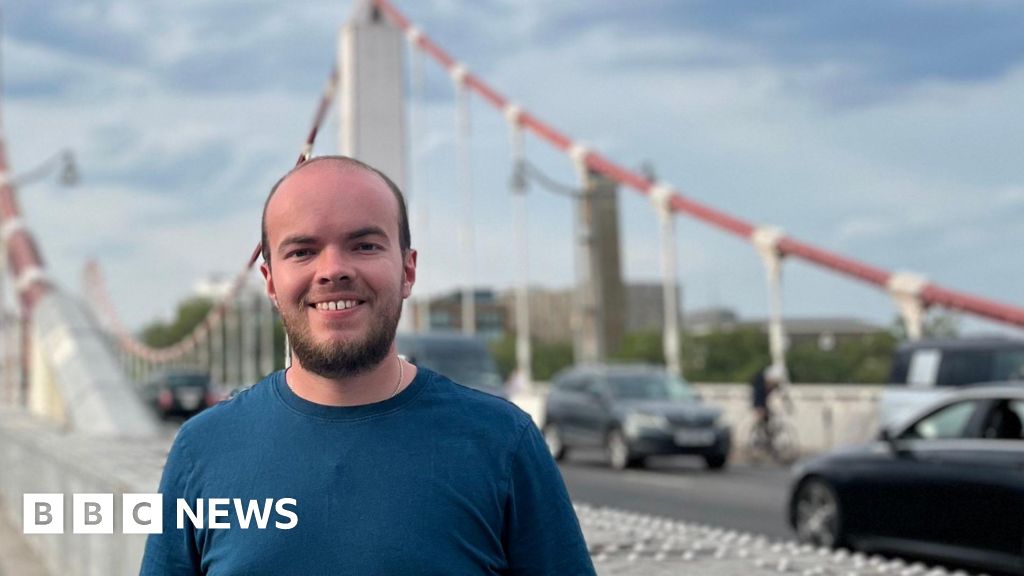ARTICLE AD BOX
 Image source, Getty Images
Image source, Getty Images
Claims by Jacob Rees-Mogg that the UK's financial turmoil is not linked to the government's mini-budget have been roundly criticised by economists.
On Wednesday the business secretary blamed recent market volatility on the Bank of England's failure to raise interest rates in line with the US.
But experts said by failing to say how it would fund its huge tax cuts, the government had played a major role.
After the mini-budget the pound plunged and government borrowing costs surged.
The Bank of England has stepped in three times to help stop a sell-off of government bonds that put some pension funds at risk of collapse.
Speaking to the Commons Treasury Committee, a range of respected economists said the chancellor's failure to publish an independent assessment alongside his mini-budget had spooked investors.
The also said the sacking of the Treasury's top civil servant Sir Tom Scholar had contributed.
Deutsche Bank's chief UK economist Sanjay Raja told MPs the mini-budget on 23 September was the "straw that broke the camel's back".
Mr Raja argued there is "absolutely a global component" to the chaos but was adamant there is an "idiosyncratic UK-specific component" as well.
He said the "trade shock" because of Brexit is a factor, and added: "You throw on the September 23 event, you've got a sidelined financial watchdog, you've got lack of a medium-term fiscal plan, one of the largest unfunded tax cuts we've seen since the early 1970s, it was kind of the straw that broke the camel's back."
The Resolution Foundation's Torsten Bell said it was clear the huge package of cuts, which was downgraded to £43 billion after Mr Kwarteng's U-turn on the top rate of income tax, should not have happened in the current financial climate.
"Yes, firing Treasury civil servants isn't a good idea, that hasn't helped, side-lining your fiscal watchdog hasn't helped," he told the MPs.
He added that after the chancellor announced a plan that "dumped fiscal orthodoxy", then vowed to bring forward further tax cuts, it was "no surprise to any of us that this is where you end up".
"This is what happens if you aren't paying attention," he said. "It was always going to be hard but it was exactly because it was always going to be hard that you don't do this."

 2 years ago
66
2 years ago
66








 English (US) ·
English (US) ·